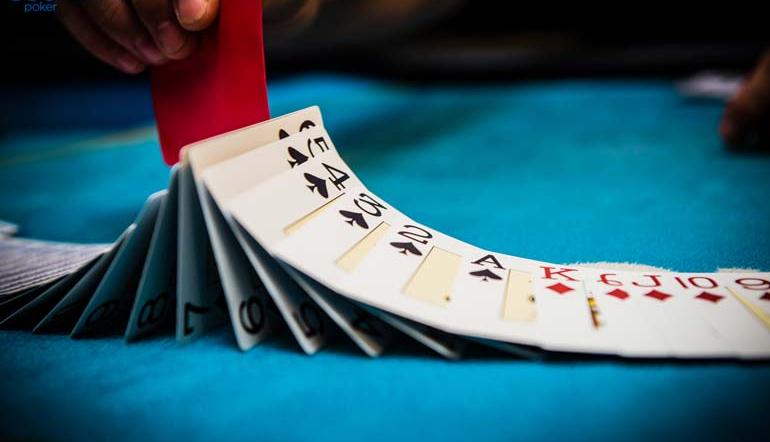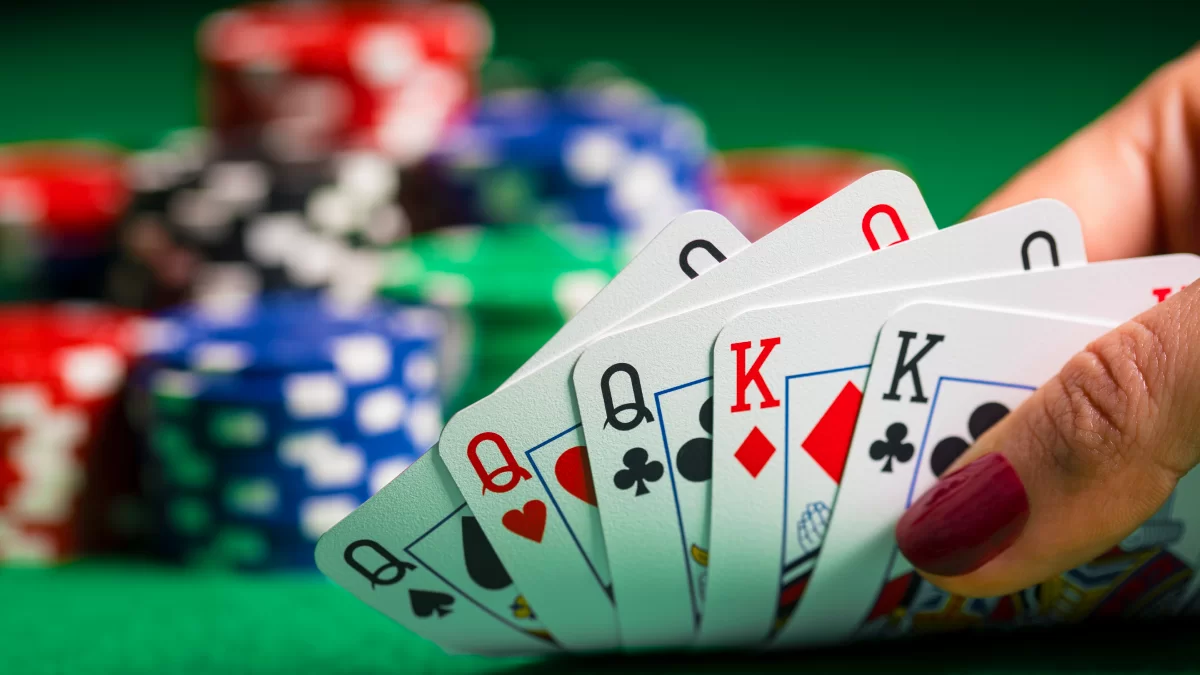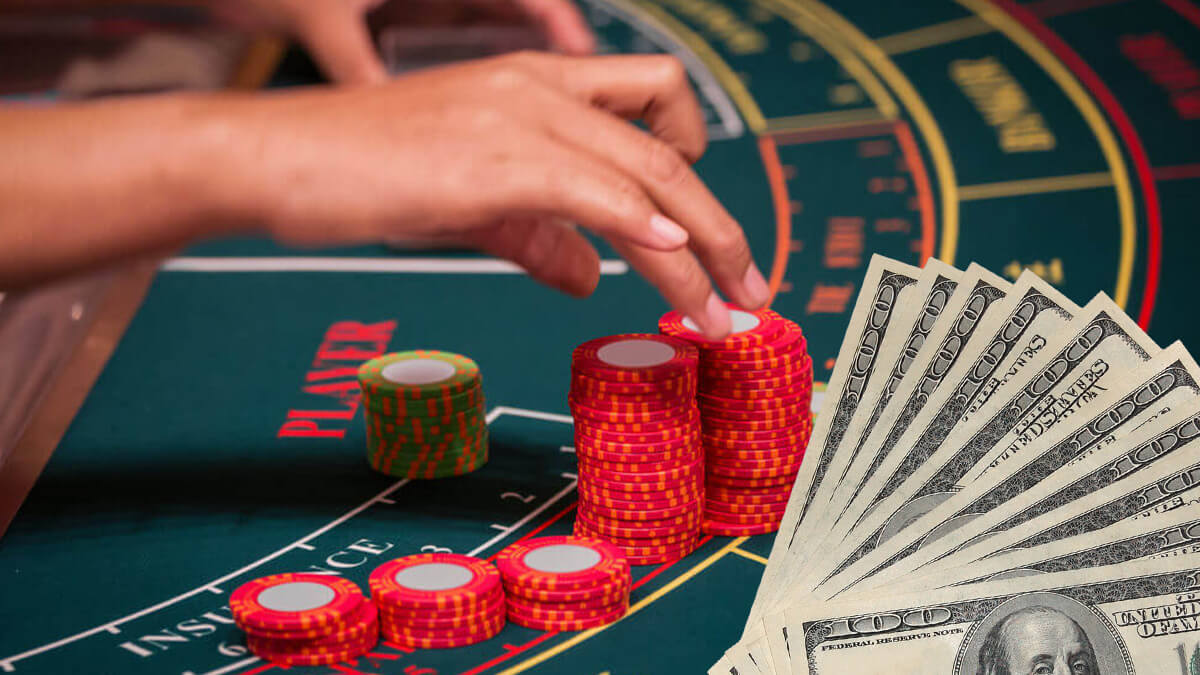While playing in cash games, it’s not rare to see players struggling to understand what the other players are trying to do. This is especially true when it comes to poker strategy. Even experienced players can struggle with this because of how open-ended each game can be.
Fortunately, chip poker is great for beginners as well as advanced players. Even though it has some complexities and nuances, you don’t need a master of card games to play it. If you take the time to learn ho, you’ll unlock its highest rewards by playing limit hold ‘em orno-limitt Texas Hold ‘em instead. Let’s explore the ins and outs of playing chip poker so that you can start taking advantage of them right away!

What is Chip Poker?
Chip poker is poker that uses poker chips as currency instead of money. While some players will use chips for betting, others might simply use them as chips to store their winnings. There’s no set rule as to how chips are used in a game of chip poker. But, if you go in with the understanding that this is poker with chips as its currency, then you’re off to a good start. In a chip poker game, each player is given a specific number of chips that they’ll use to make their plays.
Once a hand is over, the chips in play will be exchanged for real money. The amount of chips that each player gets is a fixed number. You can’t pick them up or give them away. For example, let’s say there are four players in a game of chip poker. Each player will get 10 chips. If two of the players are taking part in a $0.10/0.20 no-limit game, then they’ll each be given 20 chips for $0.50. The chips will stay in the pot until one of the players decides to fold. Then the chips get exchanged for cash from the house.
Chips in Chip Poker Games
The main element of chip poker is the chips used in the game. These chips act as an exchange for real money. They can’t be cashed out early during the hand, but they can be exchanged for cash once the hand is over. The amount of chips that each player receives is fixed.
It can’t be altered at the table. There are a few variations of chip poker games, but the core of all of them is the same. Each player is given a set number of chips that they’ll use at the table. No one will be able to give or pick up chips other than the person who received the chip stack.

Be flexible with your bets
Betting in poker is a critical part of the game. It’s where you try and get the other players to fold. Whether you’re folding or raising, you want to make sure that your bets are range-bound. You do this by betting smaller amounts than you’d like to win. Then you hope that your opponents call with larger bets so that you can re-raise them. If they call, you get more of the pot. If they fold, you get to keep the whole pot. It’s a simple but effective way to play the game.
In chip poker games, you’ll want to be flexible with your bets. If a player makes a big bet, you want to be willing to call it. But, you don’t want to be too eager to fold. You can make your bets range-bound by betting small amounts. Suppose you’re on the button in a $0.50/0.50 game. Your range might be $0.25 to $0.50. It may seem like you have a lot of room to play with the big blind, $1, as your chip stack. But, that’s not the case. You’re betting between $0.25 and $0.50.
Don’t be afraid to fold
In any poker game, you want to avoid the trap of trying to play every hand. At some point, you’ll have to decide whether you want to sit out the hand. It’s not a death sentence. If a hand is inherently unfavourable, you want to fold it. When it comes to chip poker, you don’t want to be too scared to just fold. Even if you’re playing $0.50/0.50 no-limit, you can fold a lot of hands.
That’s because the chances of winning are slim. Chip poker is a bad game to play if you’re trying to win a lot of money. Even if a hand looks like it could pay off big, you have to consider the probabilities. There’s a good chance that it’s a bluff. If you call, you have a high chance of losing.

Look towards the flop before the turn and after the river
One issue that beginners will face at the poker table is that of being too aggressive and bold on the first betting round. In this situation, you have the advantage of your opponents not knowing what you have. Once you see the flop, you’ll have a better idea of what cards your opponents have. This will keep you calmer and more collected. It’ll also allow you to make better decisions when it comes to raising and folding.
After the flop and before the turn, you’ll have a better idea of what cards your opponents have. This will keep you calmer and more collected. It’ll also allow you to make better decisions when it comes to raising and folding. You’ll want to look at the cards your opponents have after the flop and before the turn. You can use the hole cards in this way to help determine whether you want to fold or raise based on what your opponents have.
Staying flexible will keep you on your toes
One of the best ways to get better at any skill is to practice it. The best way to practice is to play against a challenging opponent. The best way to practice is to play against a challenging opponent. In chip poker, you’ll want to get used to staying flexible at the table. This is to avoid getting tunnel vision. It’s easy to focus on winning the hand you’re in, especially if it looks like you have a good hand.
But, it’s also important to consider the other cards your opponents have. You can do this by looking towards the cards your opponents have after the flop and before the turn. You can also use the cards to determine whether you want to fold or raise. By staying flexible, you can keep your mind on what cards your opponents have while also making better decisions based on your cards.
Bottom line
Chip poker is a great way to play poker with chips as its currency. However, it requires you to be open-minded and flexible so that you can win hands while staying non-committal on the outcome.














